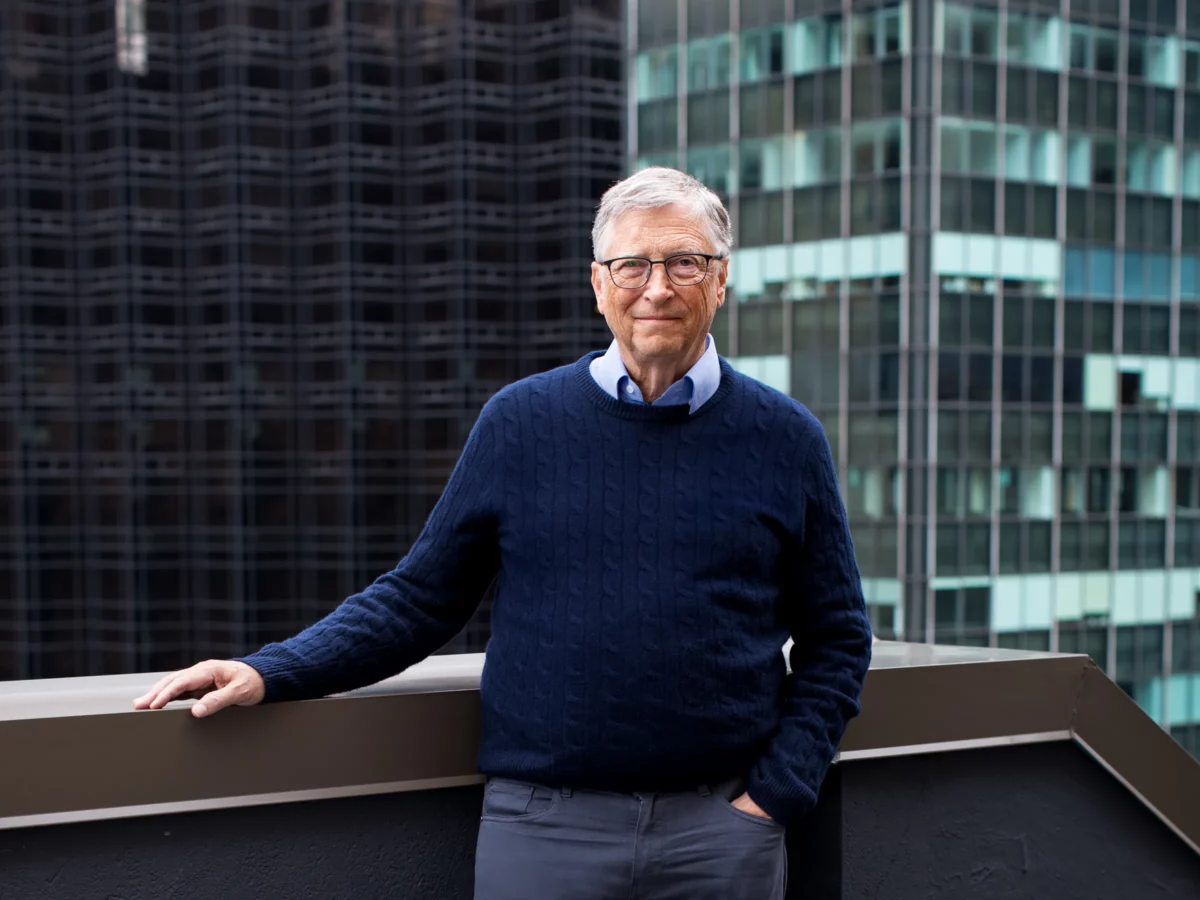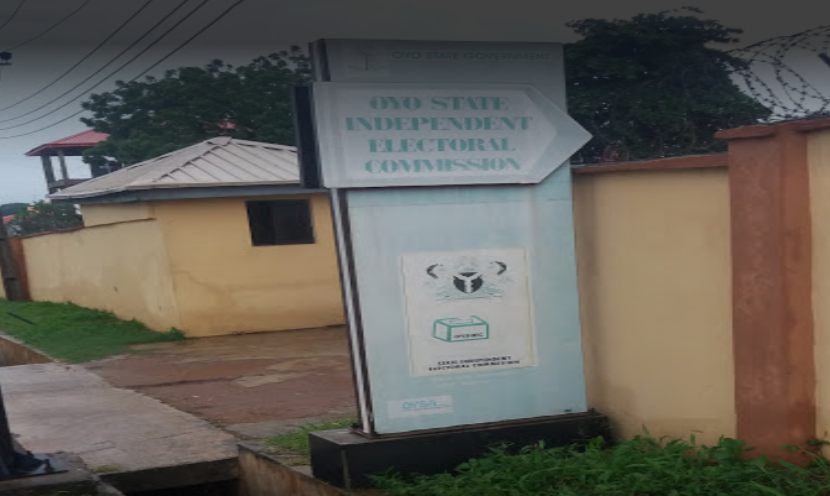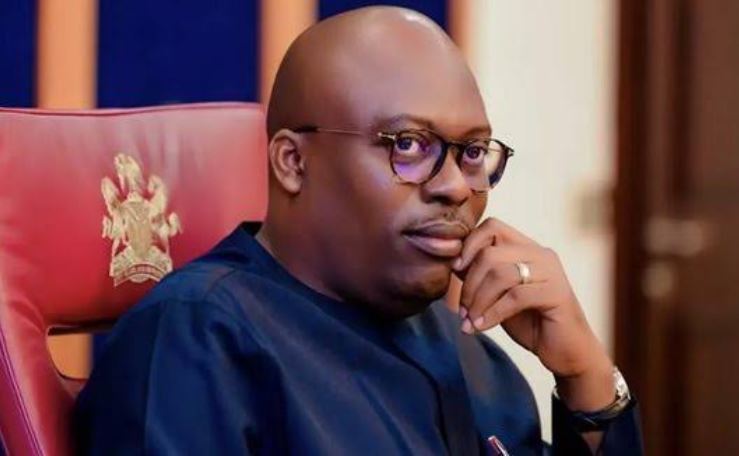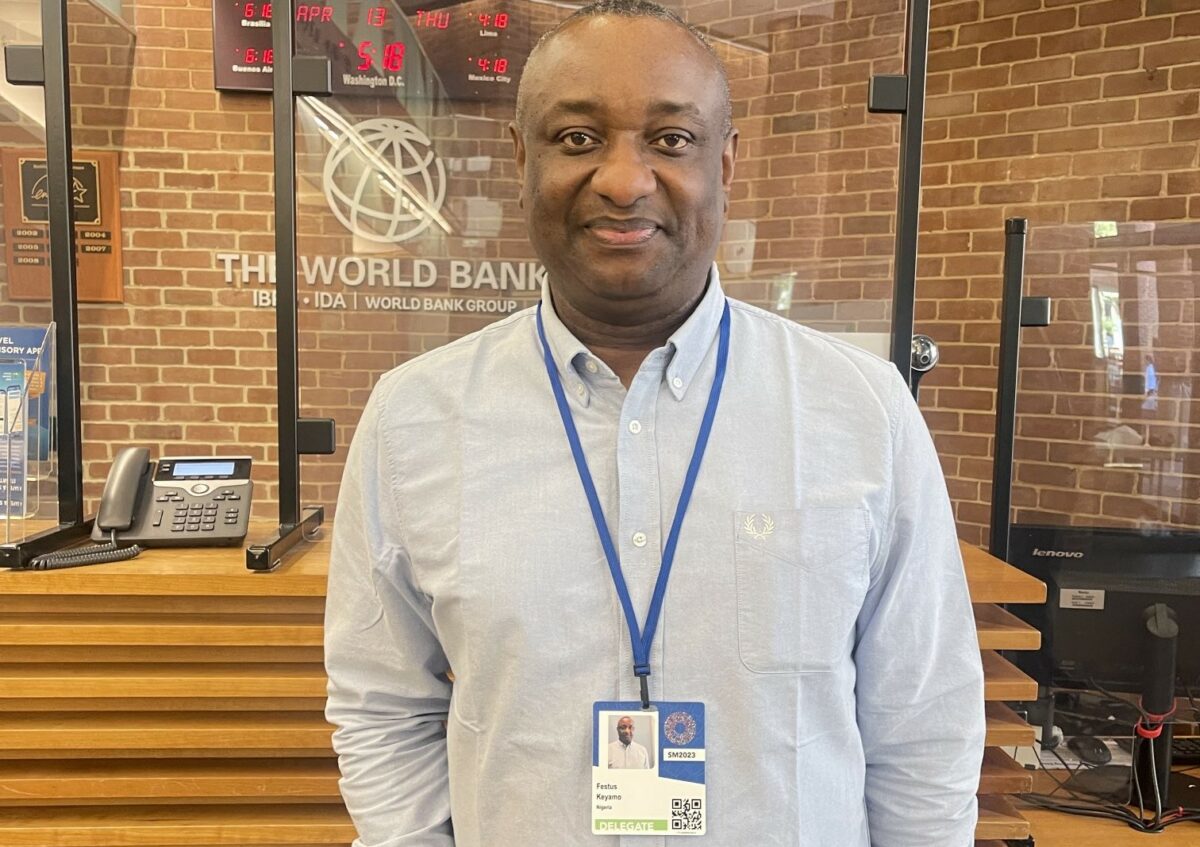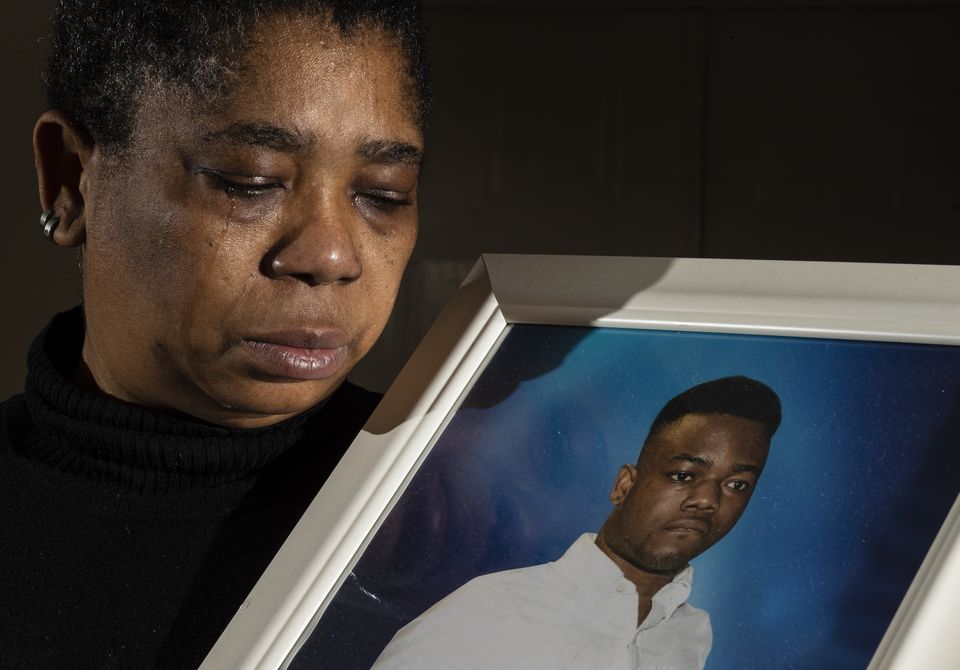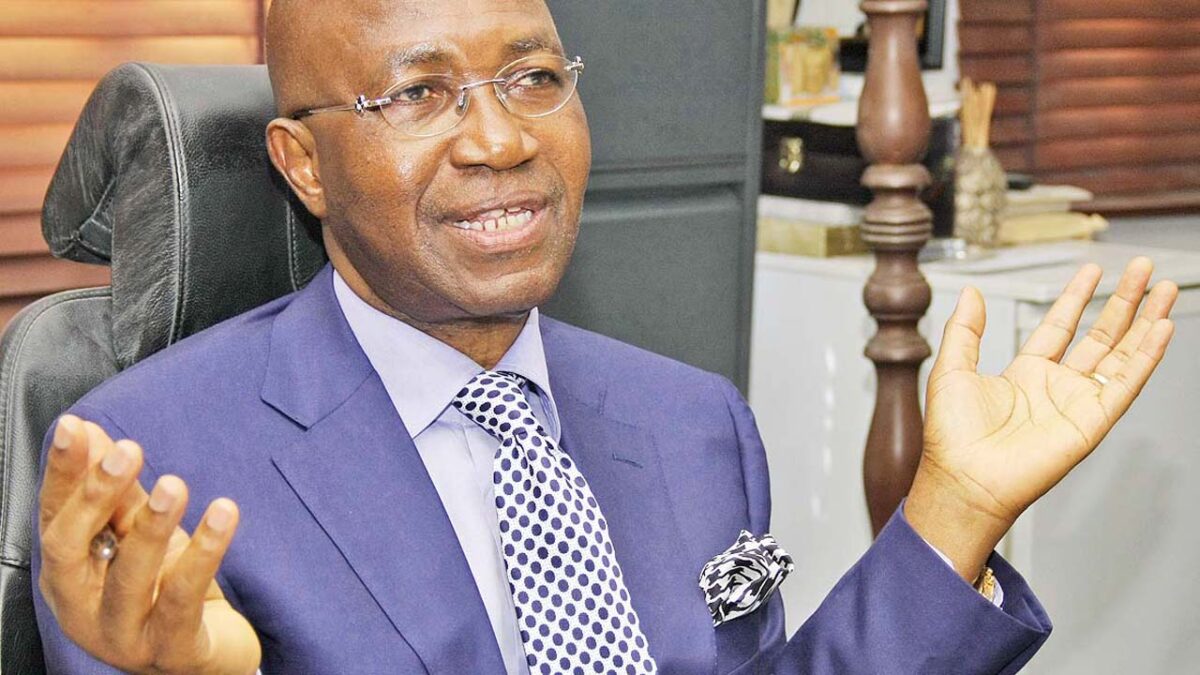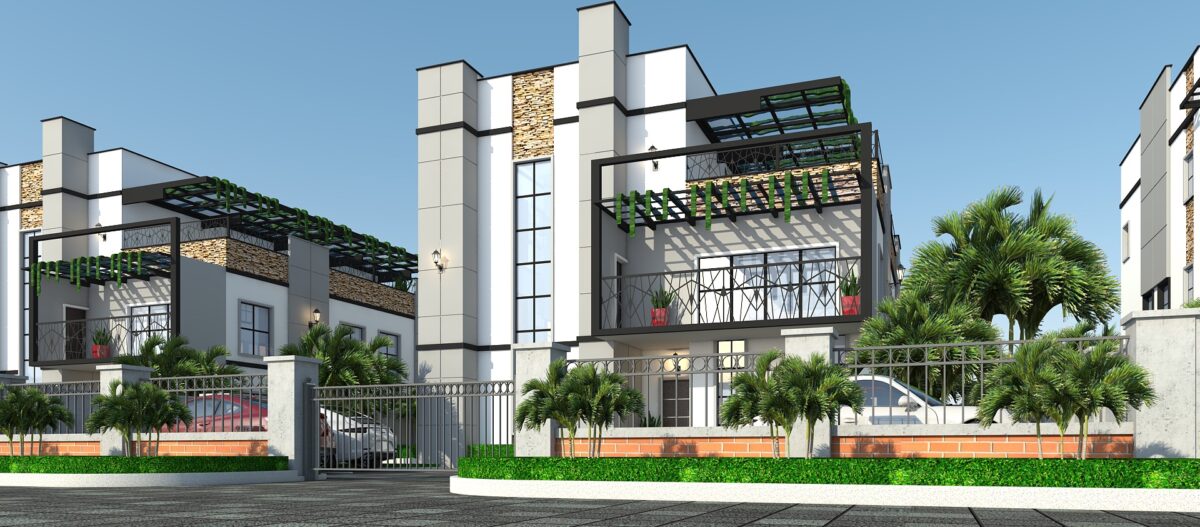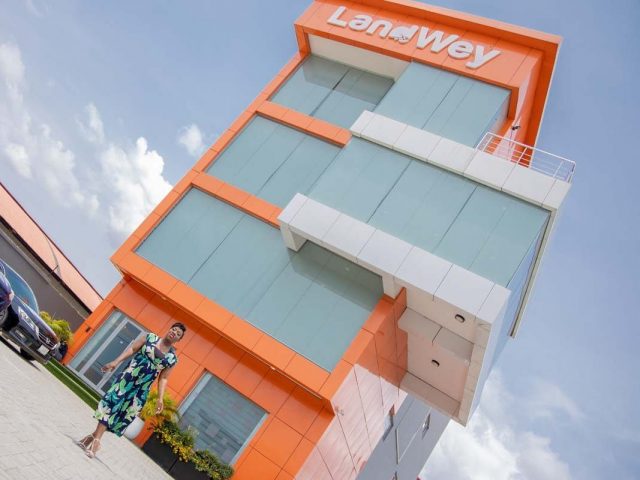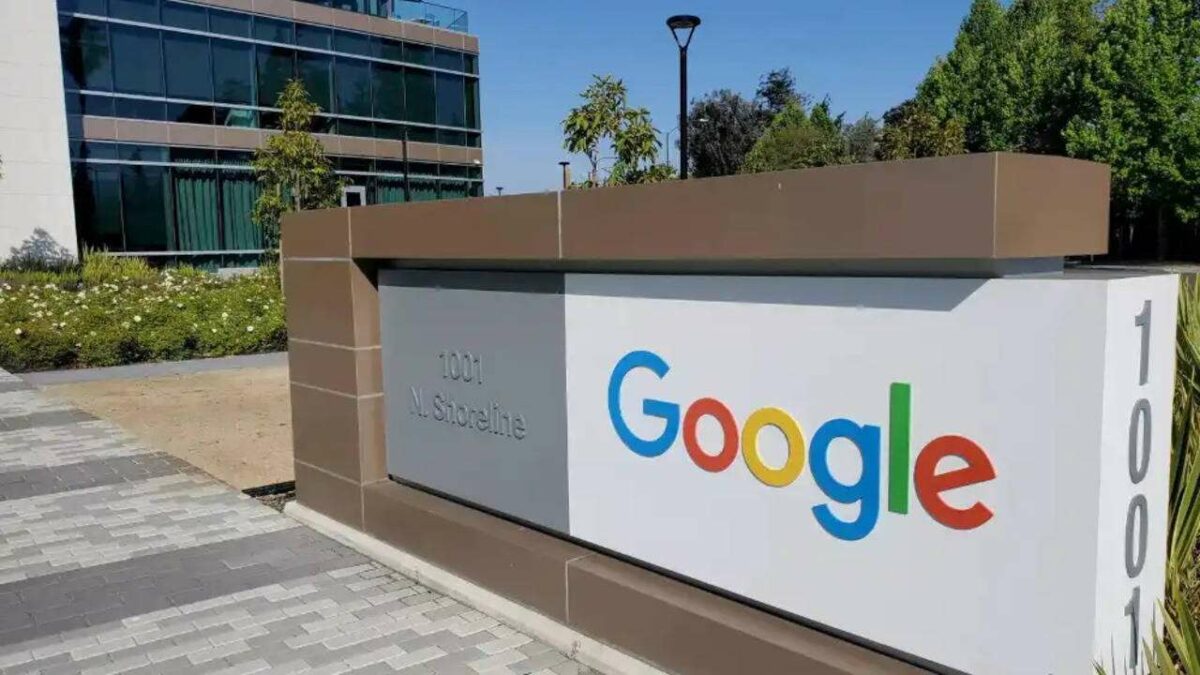Bill Gates, the co-founder of tech giant Microsoft, visited Nigeria to speak at the Pan African Youth Forum on Wednesday.
Gates came not only to hold a “conversation with young entrepreneurs about the power of science and innovation” as he tweeted on Wednesday. He met with Mohamed Bazoum, the President of the Republic of Niger Republic, on Monday. Just before he joined Nigerian youth entrepreneurs on Wednesday, he also visited Aso Villa to register relations with the executive arm of the federal government.
READ ALSO: Google’s Chatbot Gives Wrong Response in Public Demo
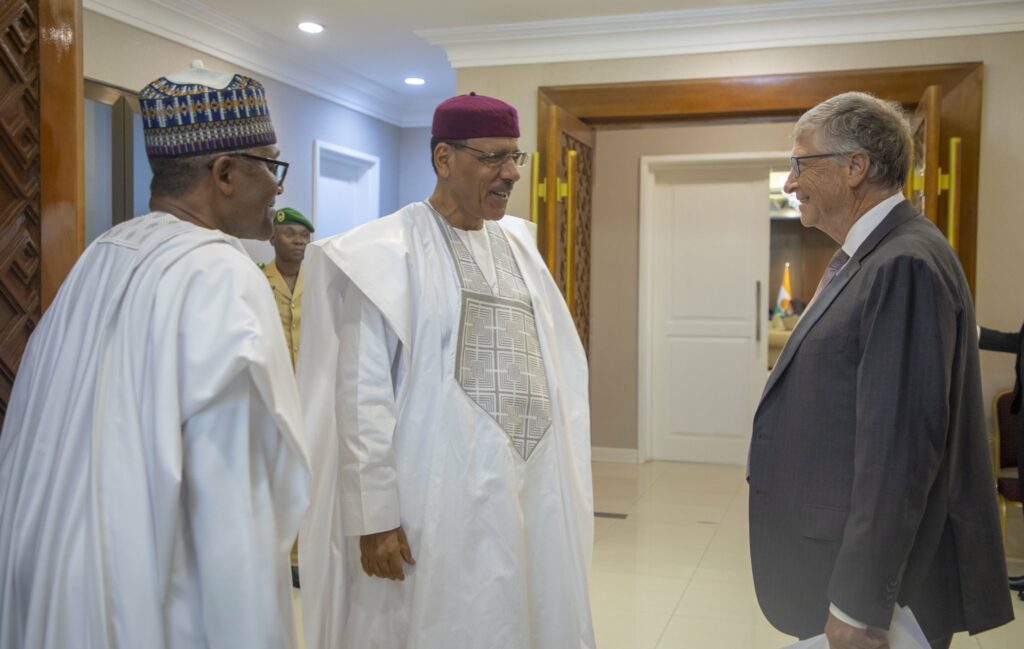
The last time Gates came to Nigeria was in 2018, but his mission remains the same but with a little twist in 2023.
“When I last visited Nigeria, I spoke to government leaders about the potential for growth. Even though growth hasn’t been as strong as everyone hoped for then, I remain optimistic,” Gates told This Day in an interview on Saturday.
“Our foundation’s primary focus in Nigeria is on health, because without health, there can be no opportunity. Yet in 2020, Nigeria’s federal and state governments only spent $10 per person on health. In sub-Saharan Africa overall, governments spent $31. There needs to be a much bigger financial commitment, to both R&D for breakthrough innovations and primary health care. However, this will take more than just budget allocations.
“There needs to be accountability to make sure that money gets where it’s supposed to go, it’s spent on the most important improvements, facilities have the supplies they need, and health workers have the incentives and oversight to show up to work. All the medical innovations in the world won’t make a difference if there aren’t enough health workers to deliver them.”
READ ALSO: Over 50% of eNaira App Users Give It 1-Star Rating on Google Playstore
Gates stepped down from being Microsoft’s chief in 2014 to focus on his philanthropy. He has directed most of his charity through the Bill and Melinda Gates Foundation.
The Bill and Melinda Gates Foundation has presented itself as a charitable middleman tackling humanitarian crises around the world.
However, there is a link between Gates’ interest in helping countries to overcome health challenges and his investment in technological innovation.
Gates penned his thoughts on technological intervention in health and medicine on his website in March. He said Artificial Intelligence (AI) was the most important advance in technology he had witnessed since 1980.
Gates believes that AI will contribute to giant strides in medicine, so he has been courting specialists and entrepreneurs focused on tech-health intervention.
“I see several ways in which AIs will improve health care and the medical field,” he wrote on Gates Notes in March.
“For one thing, they’ll help health-care workers make the most of their time by taking care of certain tasks for them—things like filing insurance claims, dealing with paperwork, and drafting notes from a doctor’s visit. I expect that there will be a lot of innovation in this area.
“Other AI-driven improvements will be especially important for poor countries, where the vast majority of under-5 deaths happen.
“The AI models used in poor countries will need to be trained on different diseases than in rich countries. They will need to work in different languages and factor in different challenges, such as patients who live very far from clinics or can’t afford to stop working if they get sick.
“In addition to helping with care, AIs will dramatically speed up the rate of medical breakthroughs. The amount of data in biology is very large, and it’s hard for humans to keep track of all the ways that complex biological systems work. There is already a software that can look at this data, infer what the pathways are, search for targets on pathogens, and design drugs accordingly. Some companies are working on cancer drugs that were developed this way.
“The next generation of tools will be much more efficient, and they’ll be able to predict side effects and figure out dosing levels. One of the Gates Foundation’s priorities in AI is to make sure these tools are used for the health problems that affect the poorest people in the world, including AIDS, TB, and malaria.”
READ ALSO: 5 Google Chrome Extensions Are Silently Stealing Data From Nigerians
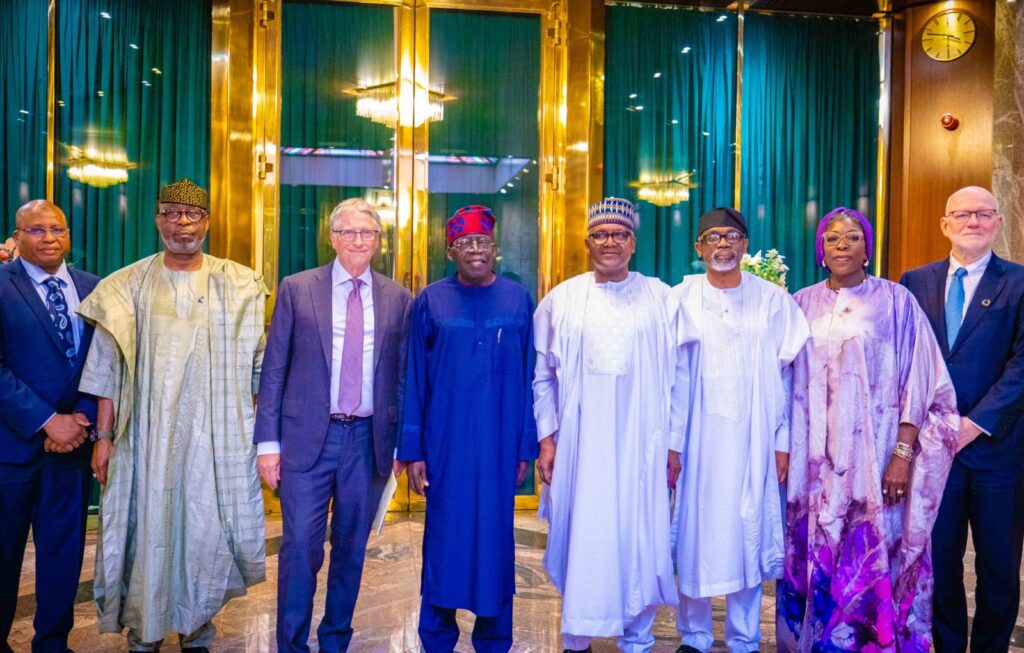
Gates suggested that governments and philanthropies create incentives for companies to share AI-generated insights into agriculture and pharmaceuticals.
The billionaire obviously harped on about investment in AI interventions for health care and medicine at Aso Rock on Tuesday.
Gates has neither hidden the fact that he was an active stakeholder with OpenAI nor an investor in other AI endeavours. He is positioning himself and his group to remain at the forefront of technological innovation and intervention.
Subscribe
Be the first to receive special investigative reports and features in your inbox.


